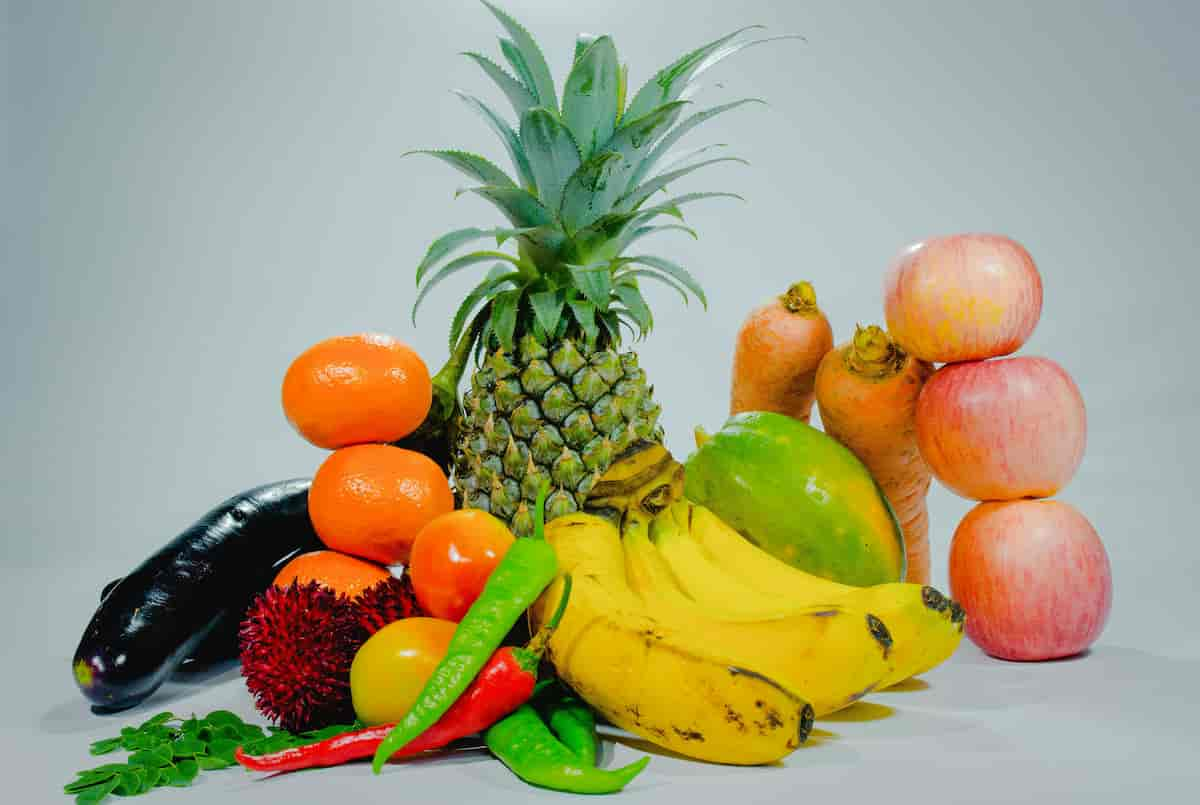What type of dietary fibre works best and what fibre supplements would be best for you to choose?
Fermentable fibre, also known as prebiotics, are an important part of a healthy diet and essential for beneficial bacteria in the gut.
The vast number of prebiotics or dietary fibres sold on the market contain health claims that are not reviewed or approved by the FDA, so consumers haven’t got any clue which fibre supplements work best.
Researchers from Duke University found that those with a low-fibre diet benefited most when fed any of three main fermentable fibre supplements (inulin, dextrin, and galactooligosaccharides).
Also, prebiotics that stimulate the production of butyrate, a type of short-chain fatty acids (SCFAs), seem to be the most effective ones.
Dr Lawrence David, the study’s first author, said:
“The people who responded the best had been eating the least fiber to start with.”
Fibres are indigestible carbohydrates that are essential to beneficial bacteria in the gut.
These bacteria are important for weight loss, help control blood sugar levels, regulate immune function, fight inflammation, and also improve bowel movements.
Dr Zack Holmes, study co-author, said:
“We’ve evolved to depend on nutrients that our microbiomes produce for us.
But with recent shifts in diet away from fiber-rich foods, we’ve stopped feeding our microbes what they need.”
Americans on average consume less than 40 percent of the recommended daily fibre intake, a main reason behind many health problems such as colon cancer, digestive disorders, cardiovascular disease, and obesity.
A high-fibre diet will make the gut microbiota produce short-chain fatty acids (SCFAs) that provide various health benefits such as weight loss and the prevention of bowel cancer.
Butyrate is particularly important as it is the main fuel for the intestinal cells, and reduces inflammation by playing an important role in the protection of the gut lining from pathogens and toxins (leaky gut).
Fermentable fibres such as inulin, beta-glucans, pectins, oligofructose, dextrin, and guar gum vary in SCFA production from one person to another.
Therefore, Dr David and his team wanted to know if individuals need to personalise prebiotic supplementation.
So, they tested a variety of fibre supplements from the market.
Dr David said:
“We didn’t see a lot of difference between the fiber supplements we tested.
Rather, they looked interchangeable.
Regardless of which of the test supplements you pick, it seems your microbiome will thank you with more butyrate.”
The team tested the prebiotics: inulin, dextrin (Benefiber), and galactooligosaccharides (GOS) marketed as Bimuno on a group of people.
Participants who had a high fibre diet saw little change in their microbiomes, most likely due to already having optimal levels of beneficial bacteria.
But those who were deficient in fibre intake experienced the biggest improvement in butyrate production after taking any of the three prebiotics.
Mr Jeffrey Letourneau, study co-author of a second related study, said:
“If you’re a low fiber consumer, it’s probably not worth it to stress so much about which kind of fiber to add.
It’s just important that you find something that works for you in a sustainable way.”
Dr Holmes added:
“It doesn’t need to be a supplement either.
It can just be a fiber-rich food.
Folks who were already eating a lot of fiber, which comes from plants like beans, leafy greens, and citrus, already had very healthy microbiomes.”
The first study was published in Microbiome (Holmes et al., 2022) and the second study was published in The ISME Journal (Letourneau et al., 2022).

